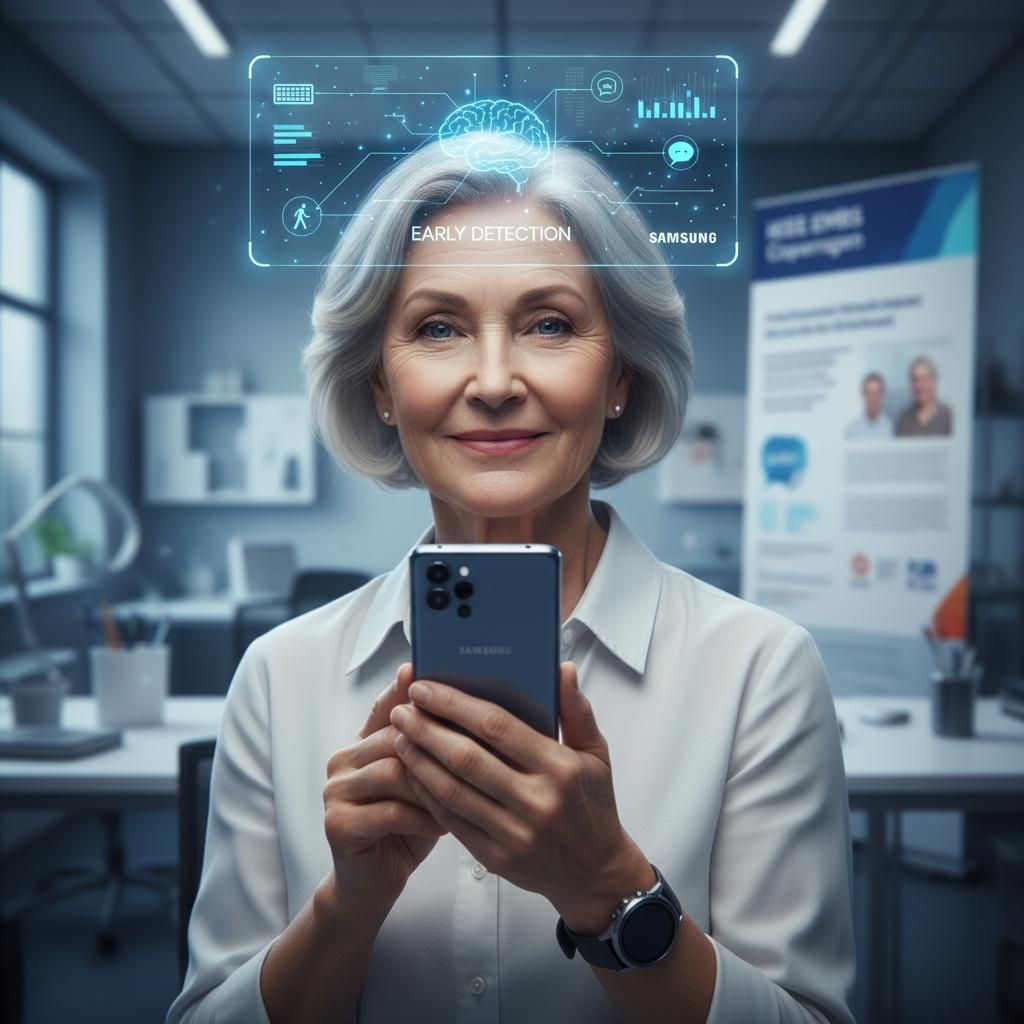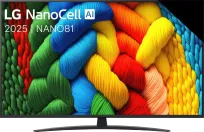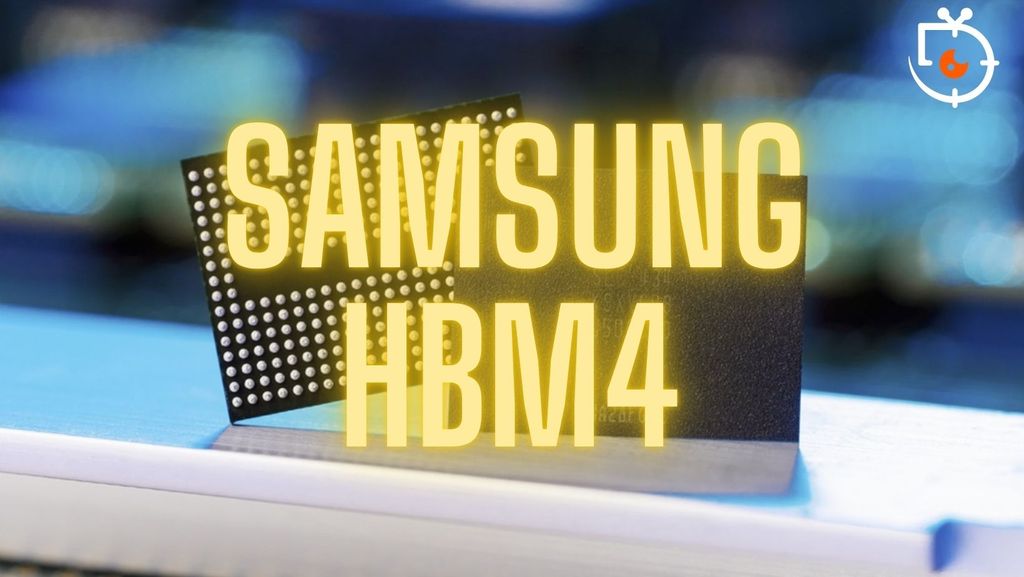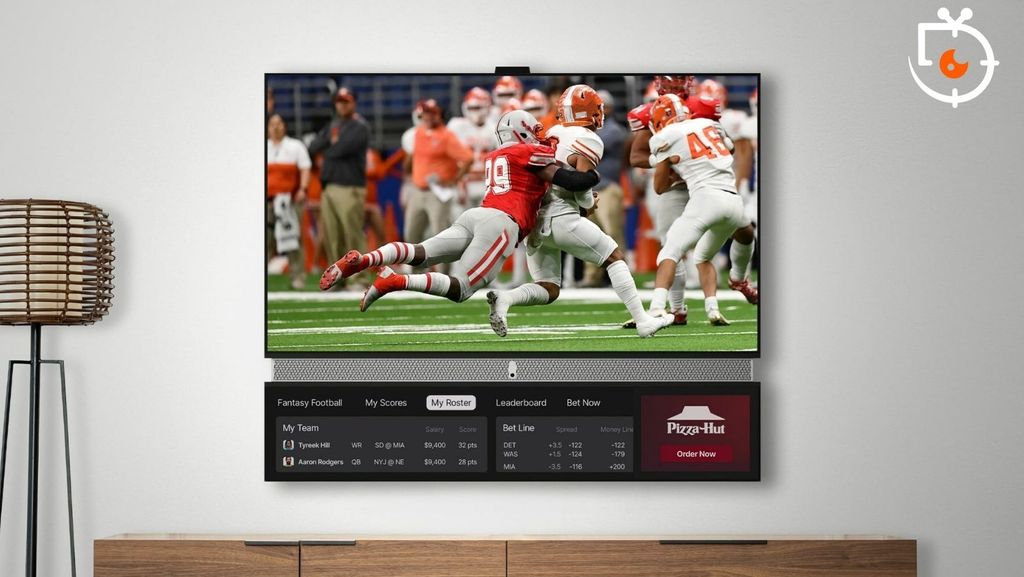
Alzheimer's disease is currently the most common cause of dementia worldwide, accounting for 60-70% of cases. Year by year, the problem is growing alongside the ageing of populations. It becomes crucial not only to treat the condition but, above all, to detect subtle symptoms as early as possible. This is where Samsung comes into play, as its digital biomarker technology is genuinely changing the approach to diagnostics.
Smartphones and Wearables as Medical Tools
Samsung Research has developed a solution that transforms our everyday devices – Galaxy smartphones and Galaxy Watch smartwatches – into unique “health sensors.” By analysing user behaviours such as typing patterns, conversation pace, sleep patterns, and even gait parameters, the system can detect early signs of cognitive disorders.
These are not theoretical considerations – research shows that the effectiveness of this method matches that of traditional hospital screening tests. Importantly, the analysis occurs with minimal intrusion into privacy, as the system does not examine content, only non-verbal parameters.
Impact on diagnosis and care
Samsung does not limit itself to merely collecting data. The developed algorithms allow for a realistic assessment of the user's cognitive condition and monitor its changes over time. As a result:
doctors can respond more quickly and refer patients for further testing,
patients gain the opportunity for early intervention – from lifestyle changes to participation in new therapies,
the healthcare system receives a tool that can relieve hospitals and improve the effectiveness of diagnosis on a large scale.
Technology with a Mission
What distinguishes Samsung is the vision that everyday devices should support medicine. The Samsung Research team does not view smartphones or watches solely as consumer devices, but as a bridge connecting daily life with healthcare.
Digital biomarkers are not just technology – they are a promise to improve the quality of life for millions of people who could have lived independently for years had their illness been detected earlier.
 Katarzyna Petru
Katarzyna Petru













